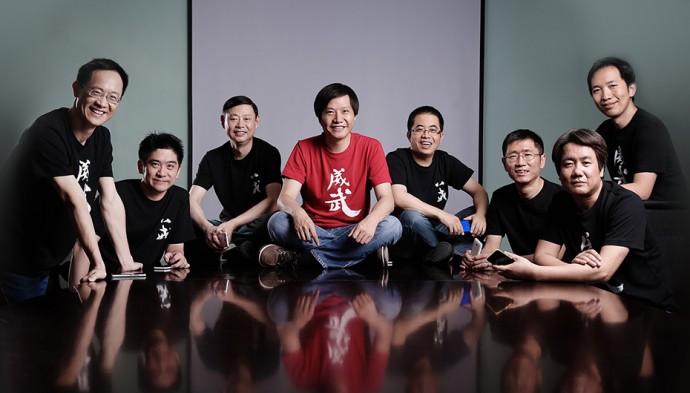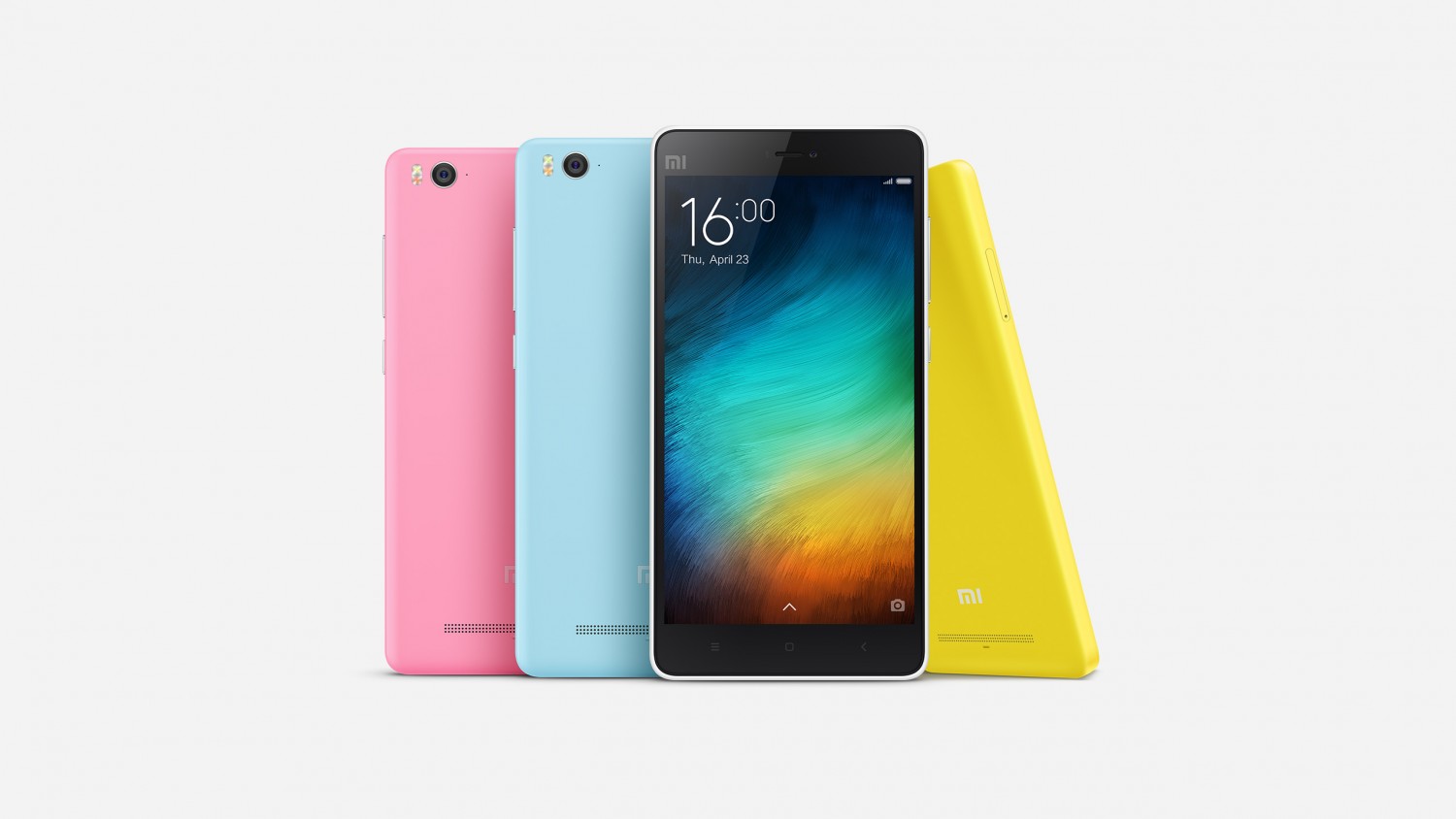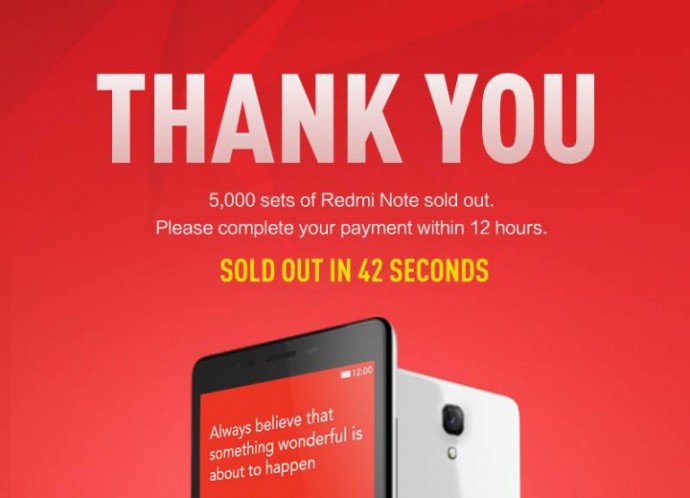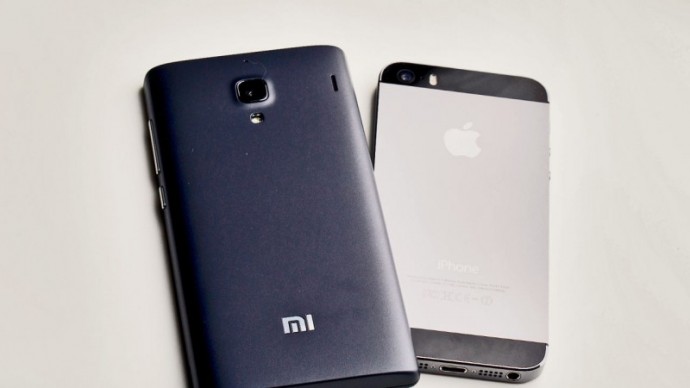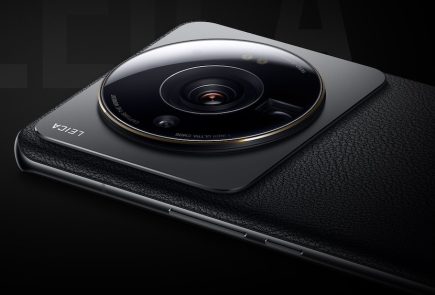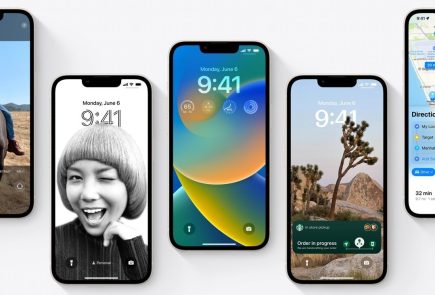Things You Should Know About Xiaomi
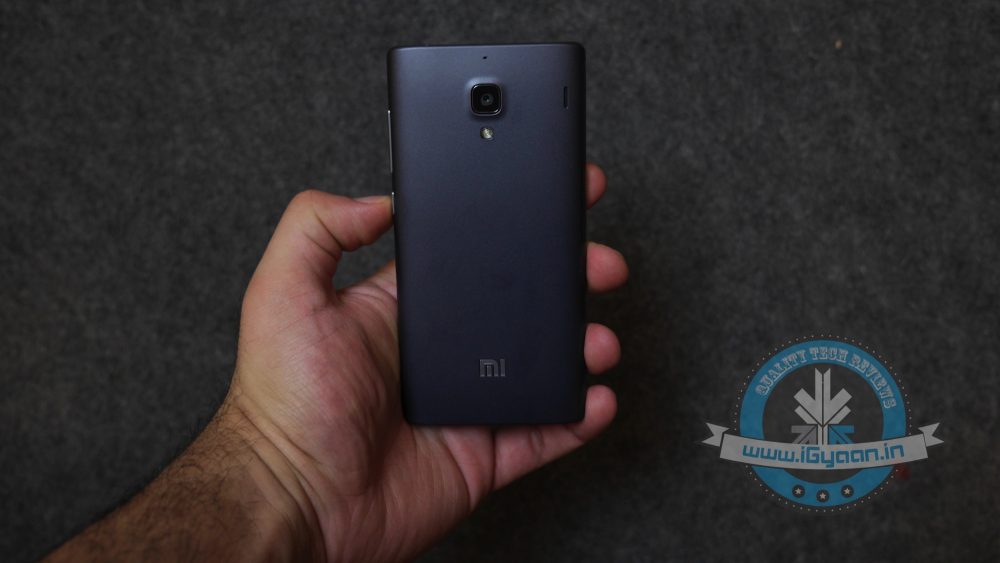
When it first started off in 2010, this company did not expect that five years down the line, it would would become one of the biggest smartphone companies globally. Yes, Xiaomi had taken the tech world by surprise when they released the Xiaomi Mi series lineup, capable of holding its own ground against Apple or Samsung smartphones. Additionally, Google had lost one of its top Android executives, Hugo Barra, to an ‘unknown Chinese smartphone company’ in 2013. Yes, he was headed to Xiaomi as the Vice President of Xiaomi Global, also dubbed as ‘Apple of the East’ by New York Times.
History
Xiaomi was initially started by Mr. Jun Lei and seven more partners on April 6th, 2010. Initial investors included Temasek Holdings, an investment office from Singapore, and Chinese venture capital funds IDG Capital and Qiming Venture Partners. After Mobile Processor developer, Qualcomm, joined hands with Xiaomi, the smartphone company launched the first Android-based user-interface, MIUI. Xiaomi’s Mi1 smartphone was announced immediately next year, and since then there was no turning back.
Rise of the Name
After three and a half years of entering the market, Xiaomi had employed a small number of 2,400 staff and sold its wares only in China, Hong Kong and Taiwan. Despite the limited market, Xiaomi managed to sell more than 7 million devices 2012. It is quite an impressive feat, keeping in mind that it was around the same time that Nokia and BlackBerry were struggling to reach up to the same number worldwide.
The expansion campaign did not stop just there. Xiaomi unveiled its second high-end phone, Xiaomi Mi2, in August 2012, and it sold 10 million devices in the next 11 months. In total, Xiaomi sold over 18.7 million smartphones in 2013 and 26.1 million smartphones in 2014.
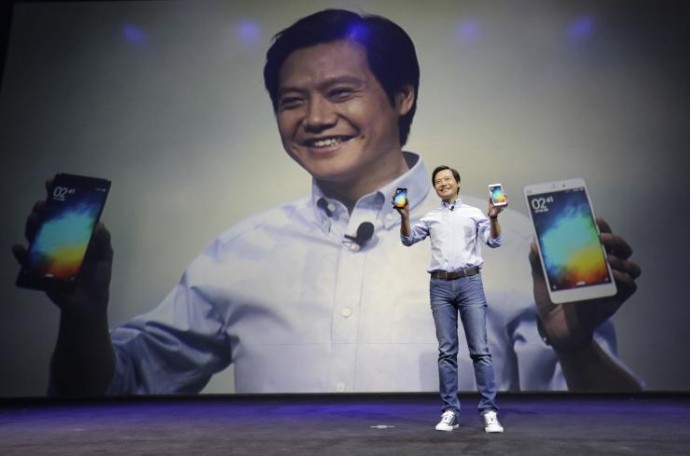
Lei Jun, founder and Chief Executive Officer of China’s mobile company Xiaomi, shows Mi Notes at its launch in Beijing January 15, 2015.
It opened its first international expansion outside with their first destination in Singapore. On its Opening day, Xiaomi Mi3 batches were sold off within two minutes. Apart from Singapore, Xiaomi had also landed in the markets of Malaysia, Philippines and India. Xiaomi entered the Indian market via an exclusive retail partnership with Flipkart and offline retailers for the first time.
In April 2014, Xiaomi purchased a new domain- mi.com for $3.6 million. It became the most expensive domain name ever bought in China and it replaced xiaomi.com as the official website for Xiaomi.
Idea behind the Success
What separates Xiaomi from other smartphone companies is that the company sells its products at a cost that has virtually no profit margin. So, how does the company make a profit? It makes its money when customers pay for its cloud services like messaging and data backup. The company also pointed out its iconoclastic business model which instead of using traditional marketing and distribution practices, it heavily relies on the Internet to fuel its sales, thus reducing advertising and promotional costs.
Another reason the handset is so much cheaper than its competitors is because of the weekly/monthly Flash Sales. Releasing only a small quantity of phones per sale keeps down the production cost. But the only drawback is that eager customers have to wait, thus leading to a loss in sales.
To make up for its thin line profit margin, Xiaomi continues to sell the same phones for a long period of time, rather than coming out with a new handset every six months. This gives more flexibility with profits and ensures the sale of accessories too.
Here is a fun fact: Apart from its own website, the company also sells devices on Tmall.com, one of China’s largest online retail sites. Xiaomi not only sells its handsets here, but also sells accessories like headphones, T-Shirts and its toy rabbit mascots. The company claims it sold over 180,000 units of mascots in 2012 alone!
Controversies
With great success, criticism and controversies are sure to follow. Xiaomi’s first controversy was the similarity in the design of its products and Apple products. If this weren’t enough, Xiaomi CEO, Lei Jung cultivated a Steve Job image after reading his about him in college. Thus, Xiaomi was accused by Apple for copying their philosophy and mindset. Xiaomi stated that it followed a different set of principles. While many pointed out the similarities between the two companies, few others said the ability to customize the software based on user preferences sets Xiaomi apart.
In India, import and export of Xiaomi’s products were banned on December 9th 2014. This was because of a complaint filed by Ericsson. Ericsson had alleged earlier this month that Xiaomi was selling Mediatek chipset powered smartphones through the site Xiaomishop.com. Ericcson claimed it to be a violation of the interim order of the Delhi High Court that allowed the company to sell only Qualcomm chipset based smartphones. Xiaomi, in turn, told the court that the site was not an authorized seller of its products.
Conclusion
Today, Xiaomi is the 3rd largest smartphone distributor. Many Chinese companies sprung up after the success story of Xiaomi across the world, with Huawei creating real impact with visible success. Along with controversies surrounding it, it will be interesting to see how Xiaomi copes in the global market. We will just have to wait and watch.
















